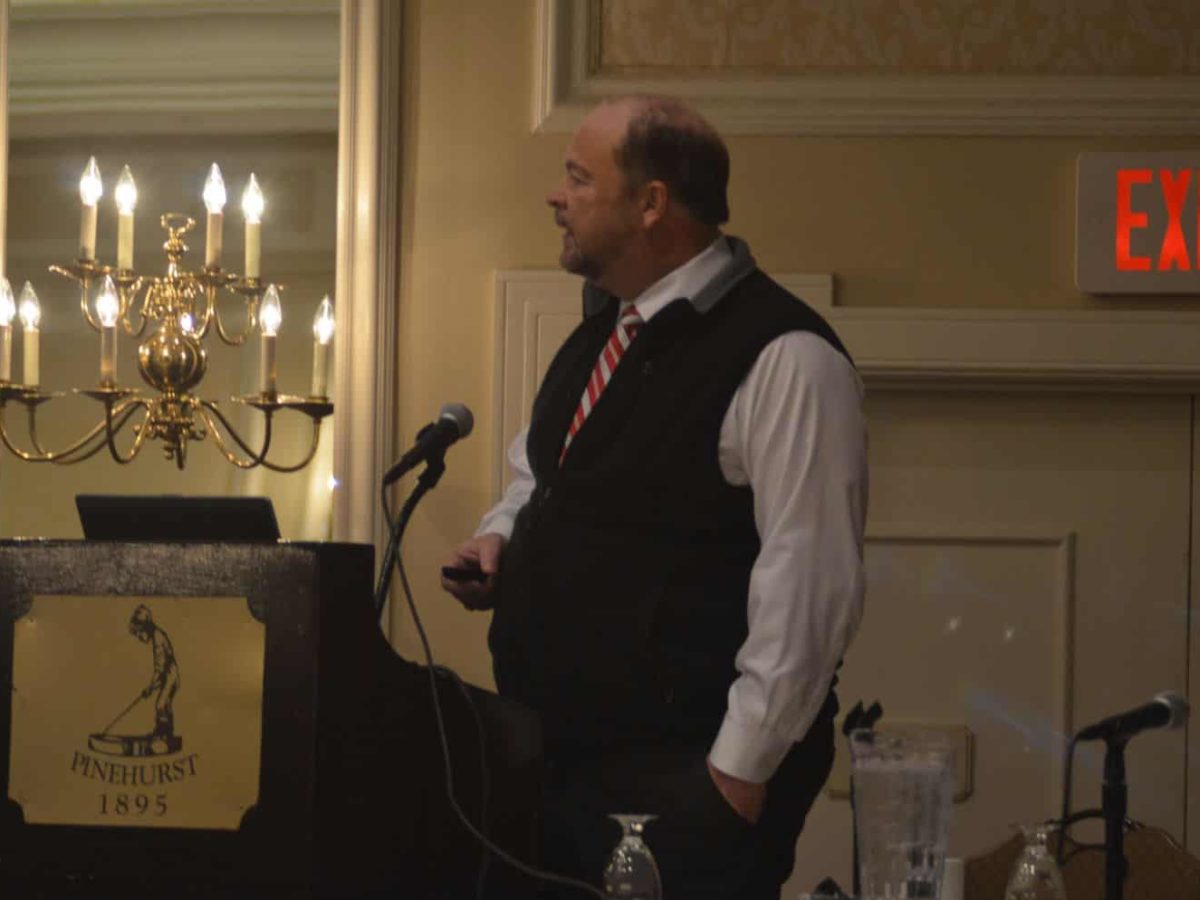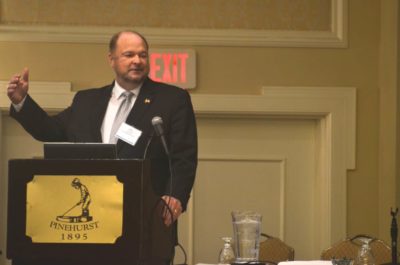

A.L. “Buddy” Collins, vice chairman of the State Board of Education, said the Board will likely approve the two new virtual charter schools up for a vote in February.
“I don’t think we have any choice but to approve them,” he said.
This past session, the General Assembly ordered the Board to approve two virtual charter schools for a pilot program. Virtual charter schools are charter schools where the students attend class online instead of at a facility.
Currently, there are only two applicants to open such schools in the state — North Carolina Virtual Academy and North Carolina Connections Academy. Both will be run by for-profit companies. North Carolina Virtual Academy in particular is drawing scrutiny for its choice of K12 Inc. as its operator.
K12 Inc. is the largest provider of online K-12 education in the country, with operations in more than 30 states, but problems with its operations in other states have raised concerns.
K12’s largest school, Agora Cyber Charter in Pennsylvania, is planning to end operational relationships with the company, and Tennessee is planning to close K12’s Tennessee Virtual Academy at the end of this school year because of poor student achievement and academic performance.
Collins’ comments came during a presentation on the second day of the public policy conference held by the North Carolina School Boards Association. His session was educational, explaining the State Board of Education to the audience of mostly school board members from around the state.
On the power of the Board, he said that largely depends on what the General Assembly decides to do on education.
“If the General Assembly doesn’t tell us what to do, we’re going to do what we want to do,” he said.
One audience member asked Collins why the Board doesn’t take a stronger stand against legislators on issues like teacher pay. He said the Board can’t win every fight.
“We have to choose our battles,” he said.
In a presentation following Collins, Bryan Hassel, co-director of Public Impact and Stephanie Dean, vice president of teaching and learning policy at the organization, discussed teacher pay. Public Impact is a group that strives to improve achievement for children in the nation’s educational system, particularly those who are underserved. The presentation focused on an alternative pay model that could possibly be used in North Carolina schools.
Hassel started the discussion with a provocative statement: beyond raising base teacher pay, he said legislators won’t do anything more substantial on educator compensation.
“The reason is because that’s the history of this issue in North Carolina,” he said.
And looking around at other states, he said many officials struggle to improve the situation for teachers.
“Most of the efforts we see are low dollar,” he said. “They’re low impact.”
That’s where alternative pay comes in — as a way around low general salaries for educators. But, later in the morning, a panel discussed Public Impact’s alternative pay model and the idea of alternative pay in general. Republican State Rep. Bryan Holloway said he didn’t foresee much action on the issue this session.
“The topic of alternative pay plans has been talked about constantly for the last four years,” he said. “You’ll continue to see more talk. The big issue is dollars and cents.”
But regardless of budgetary restrictions, he said salaries for educators need to go up.
“I think we need to spend some time just getting generalized salaries increased for teachers and for everybody before we start really looking at these alternative pay models,” he said.


